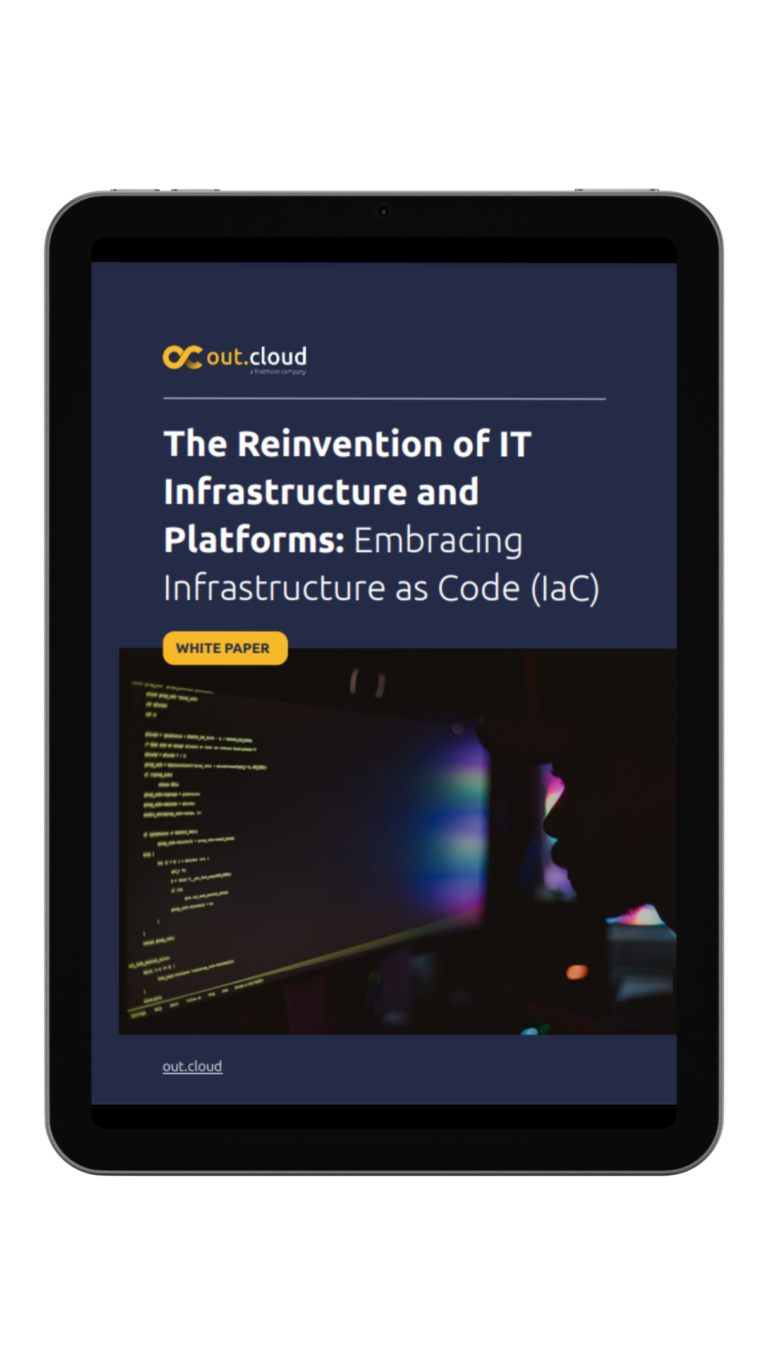The multi-Cloud
As technology evolves and expands so does its resources and availability to all of us. At this moment in time, users find themselves more connected than ever, enjoying services and goods that work on account of a cloud. In today’s tech world, the probability that we’re not consuming cloud resources is extremely low if not unlikely. Take into consideration the many services enjoyed by thousands of us, such as Netflix, HBO, Spotify, and Google Drive, among others. As you would expect, there are different cloud vendors on the market, providing different cloud services based on three models: a public cloud, a private cloud, and a hybrid cloud. This has led companies to adopt a multi-cloud approach due to its advantages.
In essence, multi-cloud consists of multiple cloud computing and storage services in a single network architecture. This means that cloud assets, such as applications and software, including others, are distributed throughout the cloud, providing customers with several benefits. Yet, there is more to know about this increasing approach.
Multi-Cloud Explained
As you guessed by now, a multi-cloud is the use of two or more cloud services from different cloud providers. The primary reason why companies use this multi-cloud approach focuses on higher efficiency and lowering costs by minimizing downtime, as well as data loss. Of course, there is also the upside of not depending on a single cloud provider, allowing many organizations to create a defense in case of unforeseen issues, such as unavailability of services. Plus, a multi-cloud approach gives businesses the possibility to enjoy services from different providers at the same time, which in turn, delivers a wider range of business solutions.
Advantages of a Multi-Cloud Strategy
For many, the usage of a Multi-Cloud approach focuses on a strategic purpose. Specifically, and as stated above, companies use different cloud services from different providers because some providers are better at executing specific tasks than others. Furthermore, having more than one cloud at your disposal means you can customize a specific infrastructure. When it comes to cloud computing, thinking ahead is a must so having a back-up if something goes wrong isn’t just wise, it’s necessary. With a multi-cloud service, a business can continue to work even if a web service host fails, it’s just a matter of continuing its activities with another cloud environment. Plus, Multicloud services are also connected to DevOps practices thanks to its collaborative nature focused on agile methodology centered on automation and flexibility.
Fundamentally, companies that choose a multi-cloud approach base this choice on two arguments, being:
- Flexibility: having the possibility of choice gives greater flexibility and advantages depending on your organization’s needs at that time;
- In case of setbacks: whether it’s an outage or human error, problems happen, from the smallest thing to the biggest of troubles, hindering your entire operation. Having more than one cloud environment means your resources will always be available and with it, all of your data storage. Having your operation protected must be among your top priorities. Consider that, once you have your data spread across the network of service providers, the risk of a shutdown in case of a service outage on the provider’s side, is very low.
At Out.Cloud, we provide a multi-cloud approach that supports business strategies, empowering at the same time cloud and DevOps teams. Whether its AWS, Azure, or Google, we enable your company by having at your disposal the best cloud solutions for your business, offering flexibility, scalability, and performance.
At the end of the day, it’s all about protecting your operation and resources with the best solution, and a multi-cloud approach provides exactly that!






